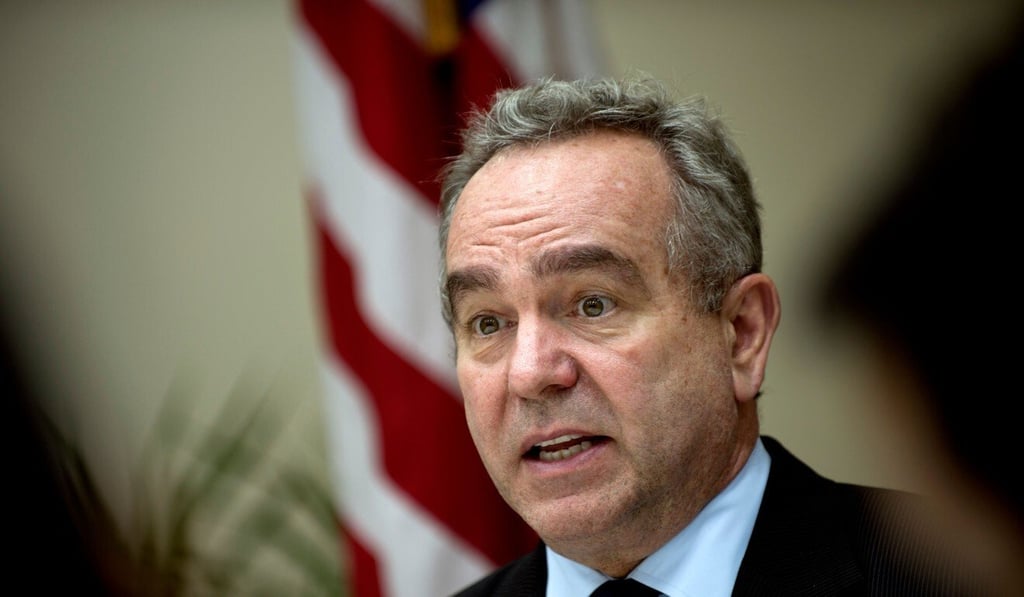Advertisement
US ‘should get its house in order’ under Joe Biden before any reset with China
- A panel of past and future American officials looks forward to a sharp contrast in US-China relations under Biden presidency
- Incoming Indo-Pacific coordinator Kurt Campbell favours predictability, steadiness and clarity
Reading Time:3 minutes
Why you can trust SCMP
35

Mark Magnierin the United States
On the eve of a historic opportunity to reset the battered US-China relationship, the incoming Biden administration should focus on getting the American house in order and achieving quick results, according to future and past US officials and top China experts.
Panellists at an Asia Society conference on Thursday prescribed an approach of humility and confidence-building measures.
In its approach to China, the guiding principles for the US would be predictability, steadiness and clarity, according to Biden’s incoming Indo-Pacific coordinator Kurt Campbell. He and other panellists said this would stand in sharp contrast to the past four years.
Advertisement

Campbell, a former State Department official, is expected to be Biden’s key point person on China and Asia policy in the newly-created position within the National Security Council.
Advertisement
While some in Beijing policy circles favour improved ties with Washington, others believe the US is in structural decline and want China to push its advantage, he said.
Advertisement
Select Voice
Select Speed
1.00x